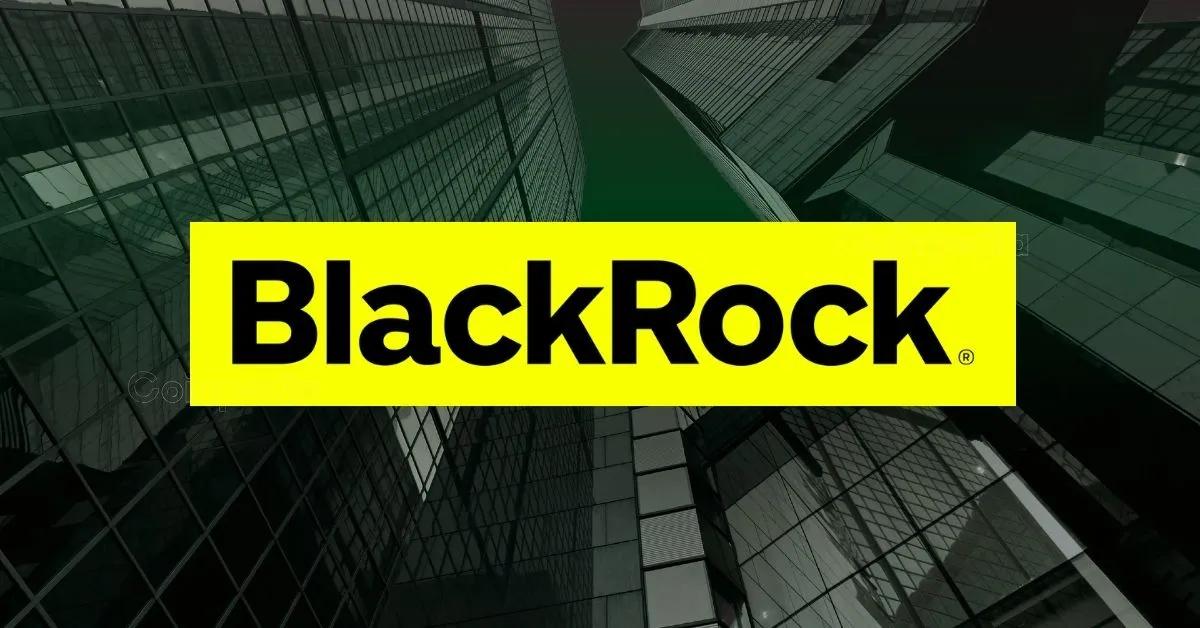
The SEC and BlackRock Meeting: A Turning Point for Crypto Regulation?
Dude, let’s talk about the *real* drama unfolding in finance—no, not another celebrity NFT flop, but something way juicier. On May 9, BlackRock, the $10 trillion asset-management behemoth, sat down with the SEC’s Crypto Task Force for a closed-door meeting that could reshape crypto’s future. Seriously, this wasn’t just another regulatory yawn-fest. We’re talking crypto ETFs, staking, and tokenization—the holy trinity of TradFi (traditional finance) colliding with DeFi (decentralized finance).
So, why does this matter? Because the SEC has been dragging its feet on crypto ETFs like a reluctant shopper at a sample sale. But suddenly, they’re whispering about in-kind redemptions—letting investors swap ETF shares for actual crypto instead of cash. That’s like a mall finally accepting barter trades for designer handbags. If approved, this could turbocharge crypto ETF liquidity, making them way more appealing to Wall Street’s risk-averse suits.
And guess what? The SEC isn’t stopping there. They’ve got a May 12 roundtable with BlackRock, Nasdaq, and Fidelity to hash out how tokenized real-world assets (RWA)—think digital deeds for your apartment or shares of a Picasso—fit into securities law. This isn’t just regulatory box-ticking; it’s a full-blown reckoning for how finance operates.
—
1. The ETF Game Changer: In-Kind vs. Cash
The SEC’s hesitation over crypto ETFs has been a saga longer than a Netflix true-crime series. Their biggest hang-up? Market manipulation fears—like worrying a Black Friday sale will descend into chaos (which, fair). But BlackRock’s push for in-kind redemptions flips the script. Instead of forcing ETFs to sell crypto for cash (risking price swings), investors could redeem shares for the underlying Bitcoin or Ethereum.
Why’s this a big deal? Two words: tax efficiency. Cash redemptions trigger capital gains taxes; in-kind trades? Not so much. Plus, it sidesteps the liquidity crunches that plague crypto markets. If the SEC greenlights this, expect a flood of institutional money—finally, a crypto on-ramp your grandma’s retirement fund might tolerate.
—
2. Staking and Tokenization: The Regulatory Tightrope
Next up: staking, the crypto equivalent of earning interest by locking up your coins. The SEC’s been side-eyeing staking services like a suspicious mall cop, worried they’re unregistered securities. Their concern? Investors might not realize staking rewards aren’t guaranteed—like thinking a “50% off” sign means everything’s actually half-price.
Then there’s tokenization, where everything from skyscrapers to sneaker collections gets digitized on-chain. The SEC’s roundtable will tackle how to regulate this without stifling innovation. Imagine if eBay had to vet every resold concert ticket—that’s the challenge here. But if done right, tokenization could democratize investing, letting you own a slice of a Manhattan penthouse for the price of a Starbucks latte.
—
3. TradFi Meets DeFi: The May 12 Showdown
The May 12 roundtable isn’t just another Zoom meeting—it’s a power move. By inviting giants like BlackRock and Fidelity, the SEC’s signaling that crypto’s gone from “niche hobby” to “mainstream headache.” Topics on the table? How securities laws apply to DeFi’s wild west, and whether tokenized stocks could replace traditional trading.
Here’s the kicker: Nasdaq’s involvement. The stock exchange has been quietly exploring crypto for years. If they back tokenized assets, it could legitimize DeFi overnight—like a luxury brand finally acknowledging thrift stores exist.
—
The Bottom Line
The SEC’s sudden engagement isn’t just bureaucratic box-ticking. It’s a tacit admission that crypto’s here to stay—and regulation can’t afford to lag. Key takeaways:
– In-kind ETF redemptions could be crypto’s golden ticket to institutional adoption.
– Staking and tokenization need clear rules—without them, the market’s a regulatory minefield.
– The May 12 roundtable might be the moment TradFi and DeFi stop fighting and start flirting.
So, keep your eyes peeled. Because whether you’re a crypto maximalist or a skeptical boomer, one thing’s clear: the financial system’s getting a blockchain facelift, and even the SEC can’t hit snooze anymore.
